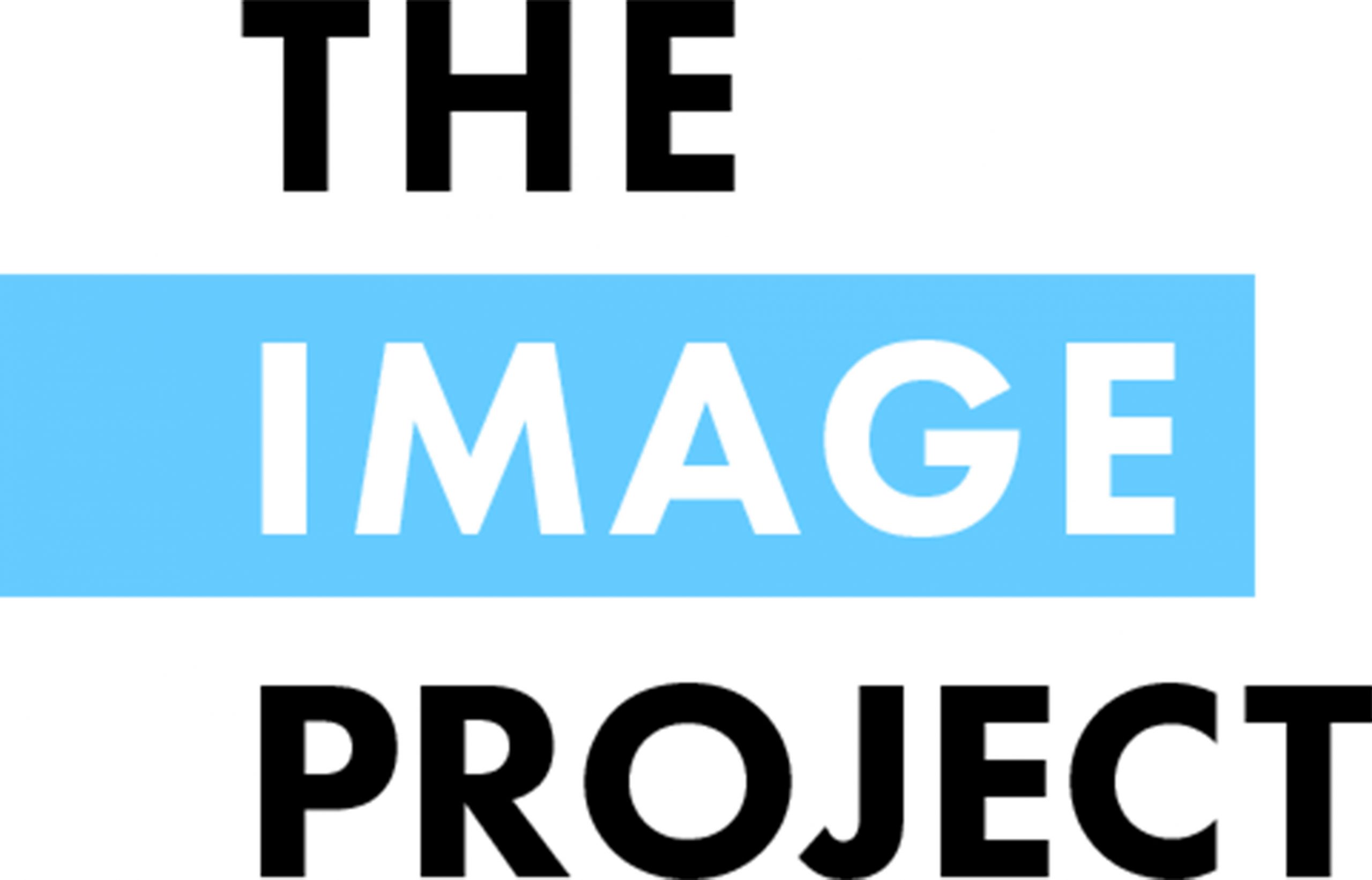Dr Mitzi Waltz from the Athena Institute at Vrije Universiteit Amsterdam shares insights about the needs and wants expressed by these two key stakeholders during a series of workshops.
As part of the IMAGE project, we had already asked careers advisors (CAs) and autistic students about their experiences of working together. This resulted in a long list of issues, practices, goals and tools. To make sure that we presented these to others in an optimal way, the Vrije Universiteit Amsterdam team held two co-creation workshops to confirm their top priorities and, most importantly, to find out how they wanted this information delivered.
But for Covid-19, there would have been more workshops and they would have been in person. Luckily, however, we were able to assemble two groups of workshop participants who represented many years of experience, and who had different perspectives and ways of working. The first group was put together by Hogeschool Fontys, one of the country’s top technical universities. Here, a special team that includes professionals with autism offers a needs-led service. ICT graduates in particular are heavily recruited by employers, but students and graduates with autism still have support needs as they move towards employment. This online workshop included careers advisors, a recent graduate and two students.
A second online workshop brought together academics who are called on to advise students about work and careers advisors from two of the Netherlands’ best-known universities: Vrije Universiteit Amsterdam and Erasmus University Rotterdam. Also present was an external autism coach who works with autistic students and graduates as they seek work. That was important, because as in many countries, Dutch students with autism may be supported by campus-based staff or by external organisations. We hoped that this diversity would prove the environment needed for critical conversations about the form and content of a ‘best practices guide’ for careers advisors working with autistic students.
Why do we do it?
We started the conversation by exploring why there was a need for specialist knowledge and advice. Here, area of key concern quickly emerged:
- Managing the transition from study to work
- Communication between students/graduates and employers
- Diagnostic disclosure
- Supporting self-advocacy
- Communication between careers services and other parts of the university, e.g. course leaders, academics, academic supporters, disability services
- Knowing about external services and supports
- Communication with employers, including making links with diversity officers and identifying especially open-minded employers
What would an accessible guide look like?
The good practices guide needed to fit with CAs’ day to day work practices. They described a variety of these. One-to-one support was perhaps the most typical offer, including help with resumes and career-search planning, and discussing tricky issues like diagnostic disclosure. Some CAs are also involved in setting up careers events or dealing directly with employers.
Although the CAs who took part were experienced at working with autistic students, they all had worked with colleagues who were not. Materials would need to start by informing CAs about the diversity of employment aspirations and outcomes for this group. Because they may have received negative messages during secondary school, or from academic staff or family members, CAs need to make sure they don’t discourage students from pursuing certain fields because of misguided beliefs about what would be appropriate for someone with autism. As one participant noted, in the Netherlands there are two times as many healthcare workers on the autism spectrum as there are ICT professionals.
The attitude and approach of careers advice also emerged as important. Autistic students who have made it to university are often very driven, high-achieving individuals. CAs need to identify and build on personal strengths rather than focusing on the diagnosis. Also, they noted that not all autistic students disclose their diagnosis at university, and many adults with autism (especially women) have not received a diagnosis.
There was a clear consensus amongst careers advisors about form: they wanted a variety of resources that could be used individually or as part of formal training sessions. Several key components were mentioned:
- A short PDF summarising the most important tips for CAs, and addressing common myths about autistic students/workers
- Short materials to share with internship coordinators, study advisors and employers
- A Website that encourages links to University and external resources, with concrete suggestions about activities and approaches that might be useful
- Video clips
- Framework or other tools for developing a skills and talents profile with students
Video came up often as an important tool. It’s easy to access, and can be used for self-study, when meeting with students, or to spark conversations in staff training sessions. As one participant said: “video works really well, especially for people whose motivation is more ‘external’.”
Resources needed to be kept in one, easy to find place, not sent out as an emailed packet and then promptly forgotten.
Participants cautioned that resources should avoid inaccurate blanket statements and negative assessments, e.g. ‘autistic people need a quiet place to work’ or ‘autistic people are not social.’ They also noted that in most situations, it is sympathetic people who make a difference: an academic who mentors and advises an autistic student, an employer willing to take a chance or proactively seeking autistic expertise, a person at a careers event who provides a ‘bridge’ between students/graduates and employers, a careers advisor or job coach who helps students prepare for interviews and builds their confidence. This insight suggests that rather than being based around a list of do’s and don’ts, an effective good practice guide would include relatable scenarios (case studies or videos) that model positive attitudes and behaviours.

